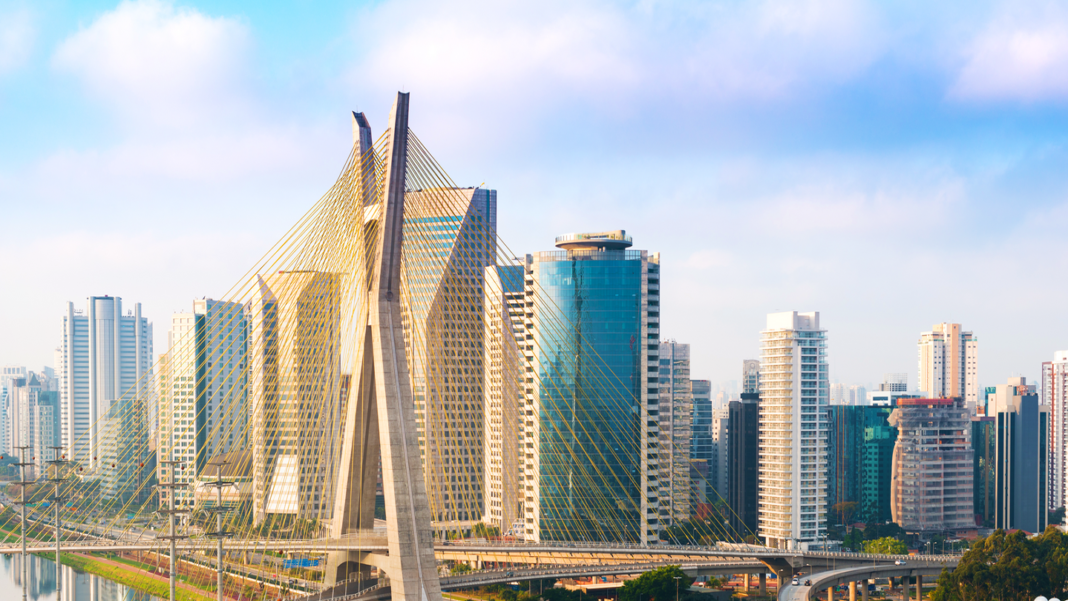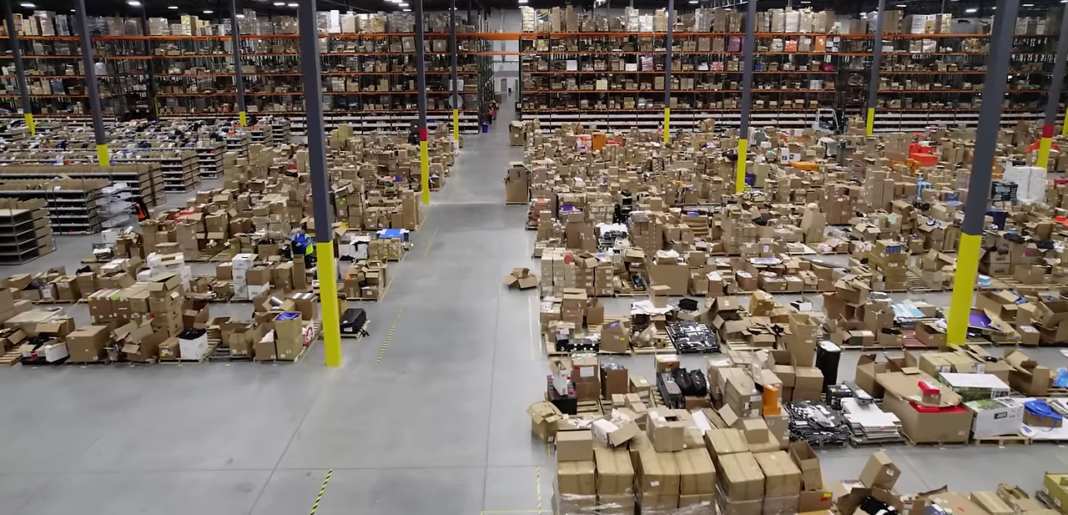The Bloomberg New Economy event in Sao Paulo provided a critical platform for CEOs, policymakers, and thought leaders to assess the seismic shifts reshaping the global economy. In a world grappling with geopolitical tensions, climate crises, and a reconfiguration of trade norms, Brazil has emerged as a pivotal player. Hosting the B20, G20, and COP30 summits, Brazil is positioning itself as a central voice in global policymaking.
The discussions reflected on the transition from a unipolar world dominated by the U.S. to a multipolar order shaped by the U.S., China, and regional powers like India and the European Union. The dialogue also underscored the implications of Brazil’s strategic choice to remain non-aligned amidst this geopolitical turbulence.
-
Geopolitical Tensions and Brazil’s Strategic Neutrality
- The ongoing U.S.-China rivalry has created a world of competing economic and political ideologies. While the U.S. champions a private-sector-led model, China’s state-driven economic expansion, epitomized by the Belt and Road Initiative (BRI), has deepened its influence in Latin America.
- Brazil has adopted a pragmatic stance, balancing relations with both superpowers while maintaining its sovereignty. This neutrality allows Brazil to engage with diverse trade partners and attract foreign investments, positioning itself as a “bridge economy.”
- European parallels were drawn, particularly with Germany’s similar balancing act, highlighting Brazil’s potential to emulate Europe’s strategy of leveraging trade while remaining politically neutral.
-
Economic Realignments and the Role of Trade
- Speakers noted a regression to pre-World Trade Organization (WTO) norms, where trade is increasingly used as a geopolitical tool. The era of globalization marked by cooperation and multilateral agreements is giving way to a fragmented system of protectionist policies and regional blocs.
- Brazil’s integration into global trade networks remains constrained by inadequate infrastructure and bureaucratic hurdles. While the nation has the potential to be a major beneficiary of this new trade order, realizing this requires significant policy reforms and investment in logistics.
-
Infrastructure and Investment: A Missed Opportunity?
- Brazil’s vast natural resources, agricultural strength, and institutional stability make it an attractive investment destination. However, challenges such as unclear policy signals, inconsistent regulations, and insufficient infrastructure have limited foreign direct investment.
- The potential benefits of the Belt and Road Initiative were debated. While China’s infrastructure investments could address Brazil’s logistical bottlenecks, concerns over debt dependency and sovereignty persist.
-
Climate Change and Sustainability
- Climate change was a recurring theme, with Brazil’s Amazon rainforest at the center of global environmental discussions. The country’s leadership in sustainable development could serve as a model for emerging economies.
- With COP30 scheduled to be held in Brazil, the nation has an opportunity to influence global climate policy and attract green investments. However, translating this potential into actionable strategies remains a critical challenge.
-
The Role of Private Capital in Shaping the Region
- The U.S. emphasized its reliance on private-sector investment to counter China’s state-led initiatives. This “value proposition” is presented as a key differentiator, offering nations access to cutting-edge technologies and high-standard infrastructure development.
- For Brazil, fostering a business-friendly environment is essential to attract this private capital. Simplifying tax codes, ensuring legal predictability, and creating incentives for innovation were highlighted as necessary steps.
Implications for the Future
The discussions at the Sao Paulo summit revealed a world in flux, where nations must navigate a complex web of economic, geopolitical, and environmental challenges. Brazil’s strategic neutrality offers both opportunities and risks, making its policy decisions in the coming years pivotal.
Future Outlook and Recommendations:
-
For Governments:
- Adopt a Multi-Track Approach: Engage with multiple trade partners while maintaining sovereignty. Brazil’s ability to remain unaligned serves as a blueprint for other emerging economies.
- Strengthen Regional Alliances: Collaborate with neighboring Latin American countries to create a unified voice in global negotiations, particularly on trade and climate issues.
-
For Businesses:
- Invest in Resilient Supply Chains: Companies must diversify their operations to mitigate risks from geopolitical tensions. Brazil’s agricultural and industrial sectors present lucrative opportunities for global investors.
- Capitalize on Green Initiatives: With the global focus on sustainability, businesses in Brazil should explore opportunities in renewable energy, carbon credits, and sustainable agriculture.
-
For Global Trade:
- Reinforce Multilateral Frameworks: In the absence of effective global trade agreements, regional trade blocs like MERCOSUR must play a larger role in driving economic integration.
- Innovate Beyond the WTO: Develop new mechanisms for digital trade, intellectual property, and dispute resolution to adapt to modern economic realities.
-
For Society:
- Address Inequality: Economic growth must be inclusive. Policies targeting education, healthcare, and social mobility are crucial to reducing Brazil’s stark income disparities.
- Promote Climate Resilience: Brazil’s leadership in COP30 could set the stage for meaningful global action on climate change. Engaging local communities in sustainable development will be key.
Closing Thoughts: The Road Ahead
The Sao Paulo summit painted a picture of a world at a crossroads. As global powers compete for influence, Brazil’s neutral stance highlights the importance of pragmatism in navigating a fragmented economic order. The country’s vast resources, strategic location, and commitment to sustainability position it as a potential leader in this new reality. However, realizing this potential requires decisive action on infrastructure, policy clarity, and inclusive growth.
Fruit for Thought:
- How can Brazil leverage its role as a neutral bridge economy to attract diversified investments without compromising sovereignty?
- What lessons can other emerging economies learn from Brazil’s approach to non-alignment?
- Can Brazil’s leadership in COP30 catalyze global climate action, setting a precedent for other nations?
The coming years will test whether Brazil can balance these competing priorities to emerge as a beacon of stability and opportunity in an increasingly divided world.
Dr. Noah Alvarado is a global economist specializing in international trade policies and macroeconomic analysis. His research has been published in prominent journals.




